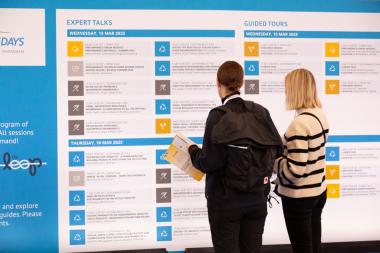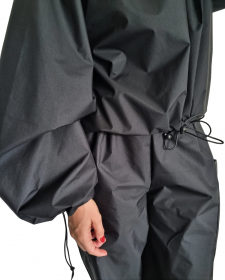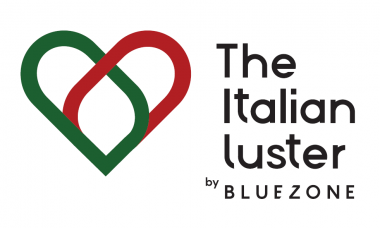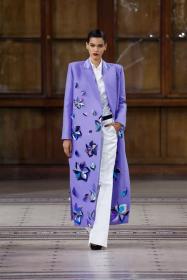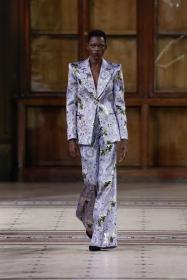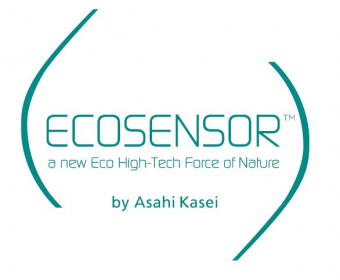Performance Days: New concept starting October 2023
From March 15-16, 2023, the spring edition of PERFORMANCE DAYS kicked off on the fairgrounds of Messe München. With around 2,685 visitors, the event organizers were particularly pleased with numbers up on the previous winter fair. High attendances were also evident at the Expert Talks on both days, which provided information on the latest color and fabric trends, news on developments in sustainability and new technologies from fiber manufacturers. The focal points of the show were marked by the PERFORMANCE FORUM, which showcased the fabric highlights for the spring/summer 2025 season as well as the two PERFORMANCE AWARD and ECO PERFORMANCE AWARD winners.
After the kick-off event in Munich in March, the industry now looks forward to the follow-up fairs in Portland from April 4-5, 2023 and in Shanghai, April 10-11, 2023.
New concept starting October 2023: Premiere for highlighted focus on footwear
As part of the upcoming PERFORMANCE DAYS, which will once again take place at the Messe München exhibition center on October 4-5, 2023, the event organizers will no longer focus explicitly on sustainable functional textiles and accessories, but will also focus on the footwear market.
To support the integration of the footwear market into the trade fair events in Munich, Portland, New York and Shanghai, the organizers have brought on board two industry specialists, Nina Conrad and Rucky Zambrano.
Nina Conrad has been active as a sustainability consultant in the textile and leather industry for many years, specializing in traceable and local supply chains. Her core business is the production of leather and leather goods derived from animals raised on certified organic farms. She is also a founding partner of the Sustainable Leather Foundation and co-founder of the Fibershed subsiduary DACH.
Rucky Zambrano is a industrial designer and expert. When he got to know Vibram in 1992, he shifted his career to footwear for reasons of passion. For 13 years now, Zambrana and Vibram have been a driving force in the footwear market and made the leap from performance to fashion, as witnessed with the Merrell Chameleon, the Prada Luna Rossa boat shoe sole or the latest Vibram FiveFingers models. He is currently responsible for footwear for the Finnish children’s outdoor brand Reima.
PERFORMANCE DAYS / Design & Development GmbH Textile Consult


